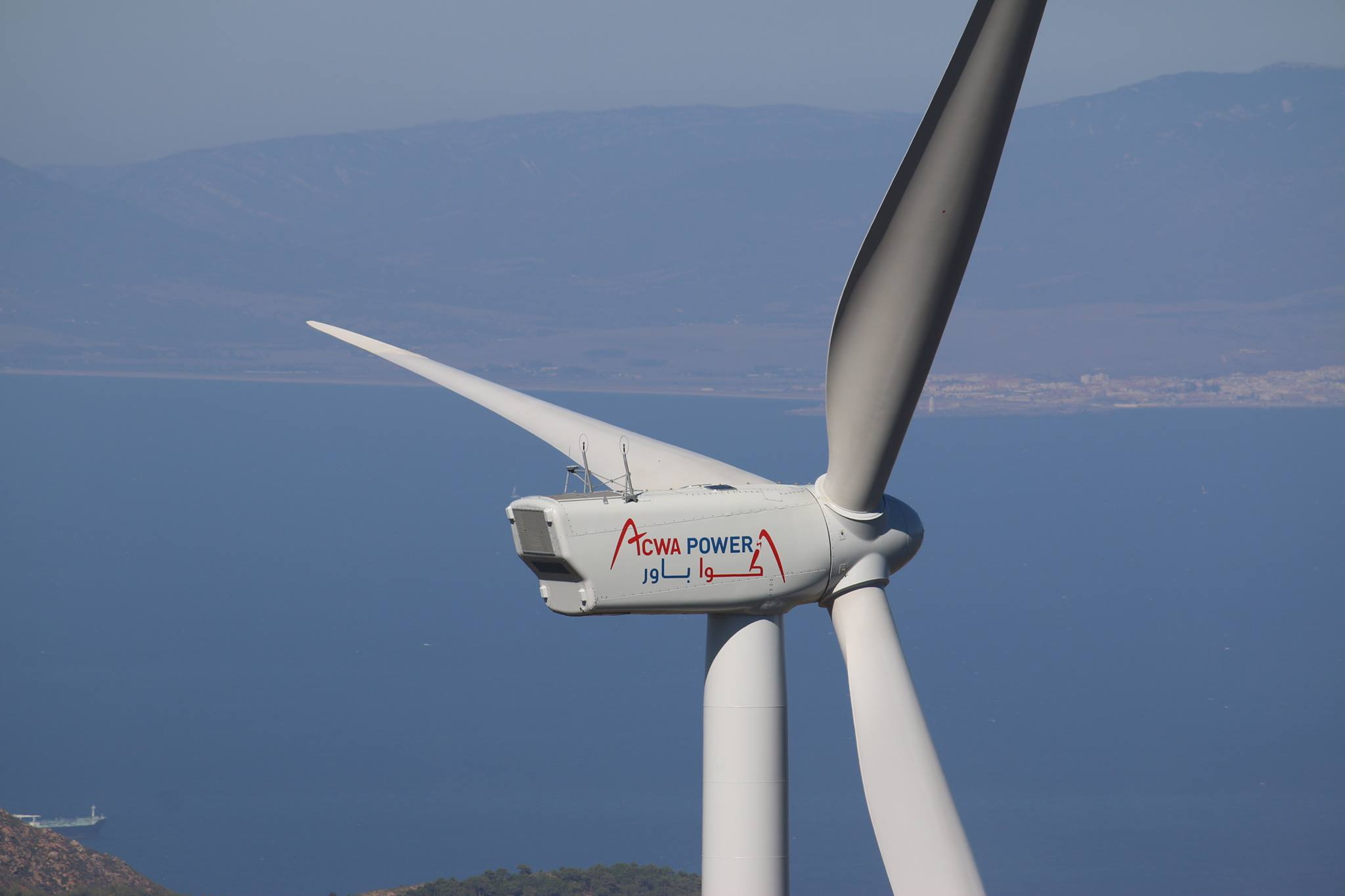Can Morocco become an energy hub for Europe?

According to the BBC, Morocco has the potential to become a renewable energy hub for Europe. But there are skepticisms.
Morocco could become a fundamental energy hub for Europe, capable of satisfying, for example, 8% of the needs of Great Britain and 4% of that of Germany and Italy. This is the scenario outlined in an in-depth article by the BBC which describes the efforts of the public and private sector of Rabat to increase the production of renewable energy in a country that already has the largest solar park in the world.
An extraordinary potential
If there is one person convinced that Morocco can become an energy hub for Europe it is Moundir Zniber, an entrepreneur who has been active for fifteen years in the field of renewables with his company Gaia Energy.
“The resources we have here,” Zniber told the BBC , “could represent one of the great answers to the European question. (…) I think Morocco is the best opportunity for the European continent to free itself from its dependence on Russian gas. (…) Morocco truly has some of the best solar and wind resources in the world. We don't have oil, we don't have natural gas, but we have potential that is simply extraordinary."
Morocco's plan for renewables
The Moroccan government has the ambition to generate 52% of its electricity from renewable sources by 2030, with the aim of exporting it to Europe via submarine cables.
But the North African country will have to work a lot before reaching this goal considering that today it still depends on imports for 92% of its energy needs, most of which is met through fossil fuels.
In 2012, only 12.4% of Morocco's electricity generation was based on wind energy and 4.4% on solar. Therefore, nothing to do with the 80.5% share deriving from the triad of coal, gas, oil.
Yet the country is making great strides in the generation of renewable energy thanks to projects such as the colossal Noor-Ouarzazate complex which, active since 2016, represents the largest park of solar panels in the world.
Will Morocco satisfy part of the European demand?
The aforementioned Zniber is of the opinion that private Moroccan companies such as his Gaia Energy should now commit themselves to exporting solar and wind energy, as well as green hydrogen, to Europe.
The goal of Gaia Energy in particular is to develop projects that can lead to a production capable of satisfying up to 4% of the electricity needs of Germany and Italy. The company's green hydrogen plans are even more ambitious as they aim to meet 25% of European demand.
To support Morocco's projects, the World Bank has allocated funds for several million dollars, also with the aim of reducing, as stated by the Washington Institute economist Moez Cherif, "the strong volatility of the prices of fossil fuels".
According to Cherif himself, the development of this sector will have beneficial effects on an economy like the Moroccan one plagued by an unemployment rate of 11.2%, creating about 28,000 jobs a year.
Furthermore, according to the economist, the green transition underway in Morocco will allow the country "to position itself as an industrial hub for investments in the export of green industrial products", with particular regard to an energy-intensive industry such as the automotive one.
Private investments will also play their part: we note, for example, that of the British energy startup Xlinks, whose project to build an underwater electric cable linking Morocco to Great Britain aims to ensure that between now and 2030, 8% of London's electricity demand is met by Moroccan solar and wind power.
Other European countries have also shown concrete interest in the opportunities provided by Morocco: for example, in the context of COP27 in Sharm el-Sheikh last November, Rabat signed a Memorandum of understanding with the governments of Berlin, Paris and Lisbon, with the objective of accelerating, making it easier, the cross-border transport of energy.
Government goals
Interviewed by the BBC , the Moroccan Minister for Energy Transition and Sustainable Development Leila Benali is forced to admit the delays encountered by her country's projects in the development of the renewable sector, delays that she attributes to adverse global factors such as the pandemic and the relocation of production and value chains "which have influenced", says the minister, "renewable energy".
However, Rabat intends, underlines the minister, to do its part so that there is a change of pace as soon as possible. Among the actions that will be put in place there will be a drastic cut in bureaucracy which will allow, for example, to speed up the purchase of property on which to install panels and turbines.
The executive's strategy is particularly based on three pillars: increasing the production of renewables, improving production in terms of efficiency and pursuing integration into international energy markets.
Inside or outside: the Moroccan dilemma
For a country that still imports the vast majority of its energy from abroad, this external projection may appear unrealistic. Many believe that the real priority is above all to satisfy the demand coming from the internal market.
Benali shares this position, stressing that his government will undertake to ensure that all Moroccans have access to green energy "at the lowest possible cost" as soon as possible.
However, the minister is at the same time aware of the "historic opportunity" of integrating Morocco into the European energy market. It is by pursuing this path, Benali remarks, that it will be possible, for example, to attract the international investments necessary to make the Moroccan renewable sector reach the ideal size.
World Bank economist Cherif is convinced that there is no either-or. "Ideally, both things should be done", he notes, referring to the increase in production for domestic consumption and for exports".
This is a machine translation from Italian language of a post published on Start Magazine at the URL https://www.startmag.it/energia/marocco-hub-energia-europa/ on Tue, 09 May 2023 06:10:20 +0000.
